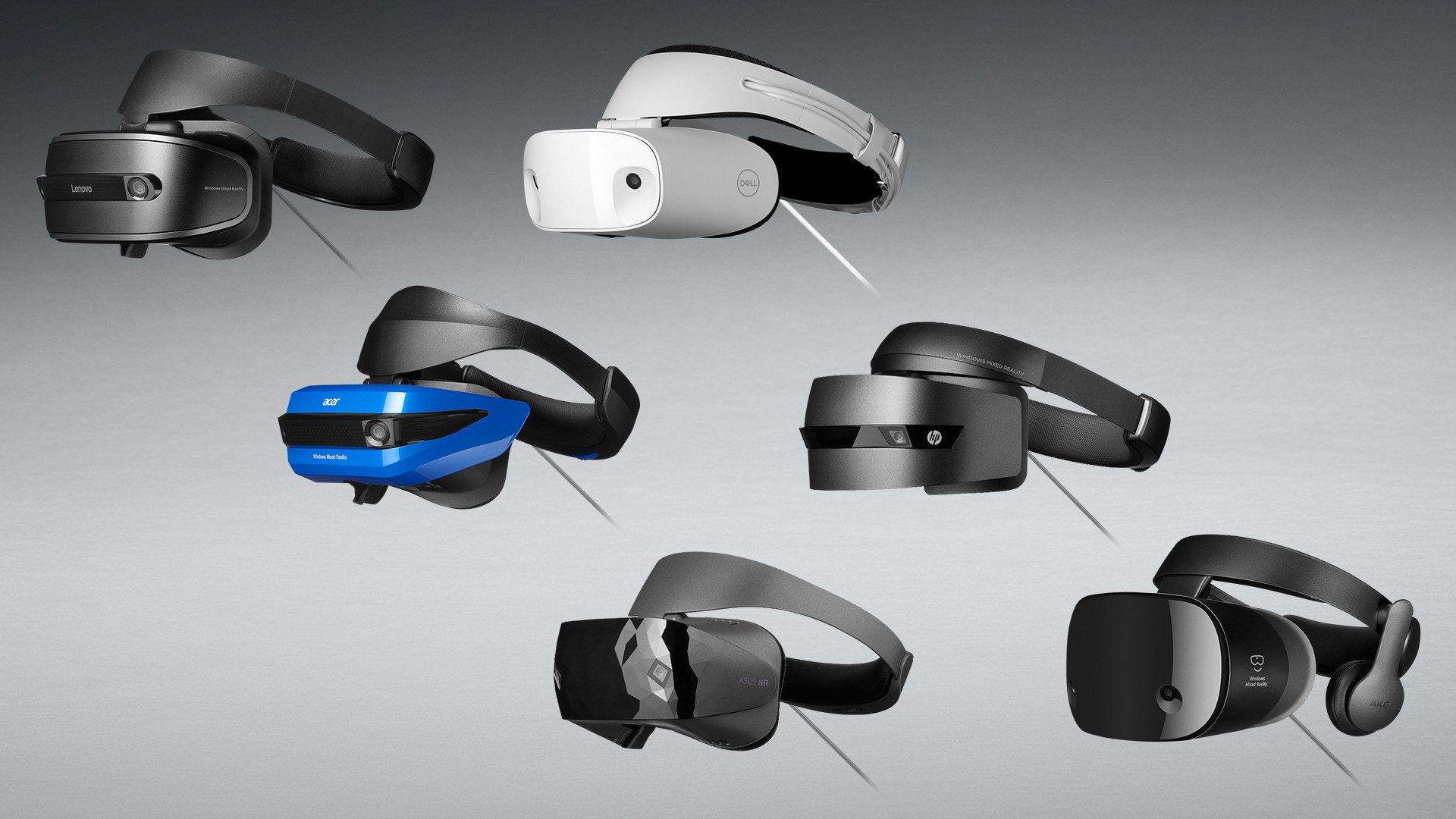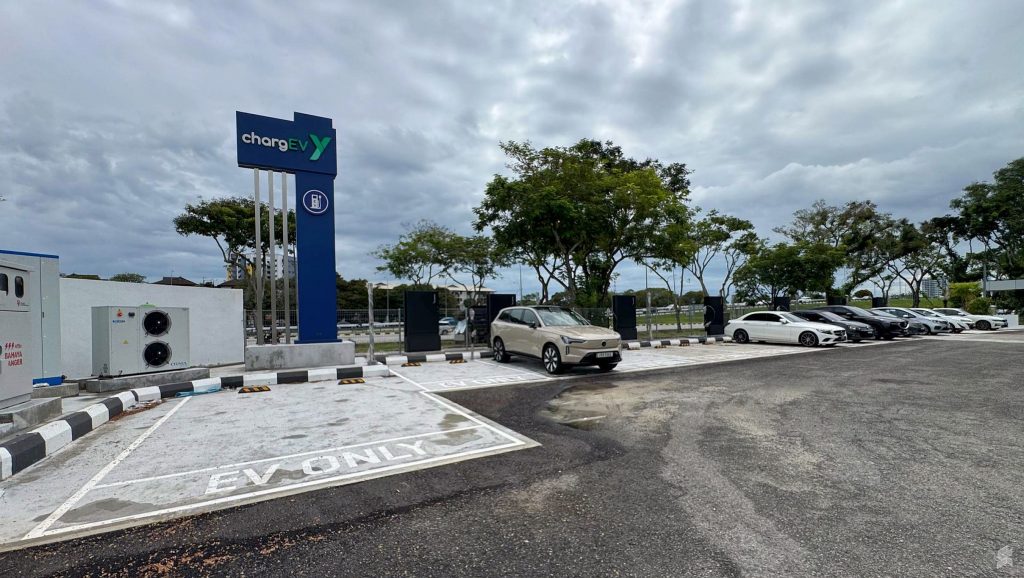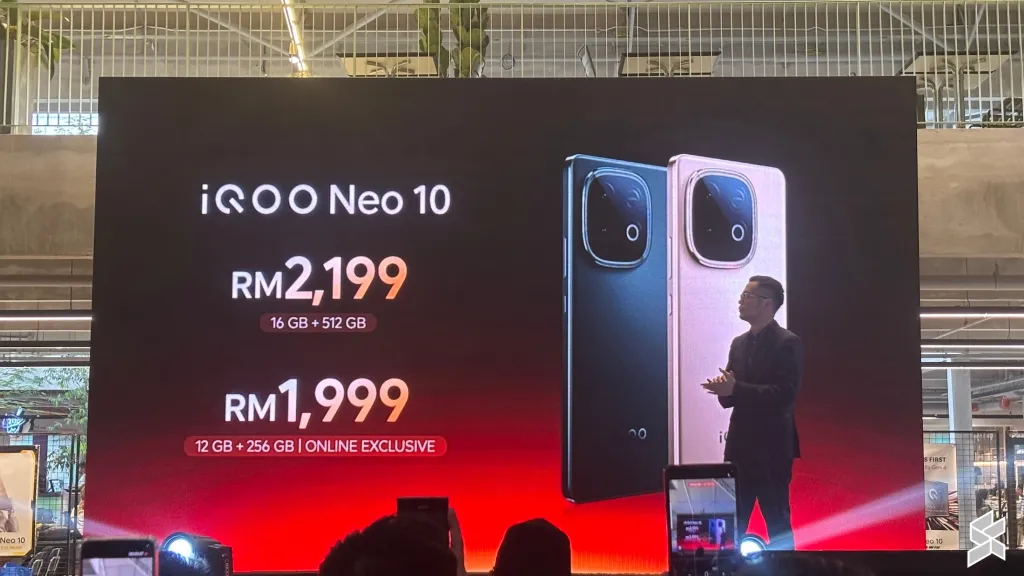Microsoft pulled the plug on support for its entire WMR platform on Windows 11 last year, putting an official end to the company’s foray into PC VR headsets. Now, an unofficial SteamVR driver hopes to bring it back.
Microsoft deprecated the Mixed Reality Portal app, Windows Mixed Reality for SteamVR, and Steam VR Beta when Windows 11 24H2 update rolled out last October, making a fleet of PC VR headsets from Acer, Asus, Dell, Lenovo, HP, and Samsung essentially expensive paperweights.
Granted, if you haven’t updated to Windows 11 24H2, or are still on Windows 10, Microsoft says you’ll be able to play SteamVR content through November 2026 before the plug is pulled for good. Still, that’s a bitter pill to swallow for users of WMR’s most modern headset, HP Reverb G2, which released less than five years ago.
Now, Reddit user ‘mbucchia’ claims an unofficial SteamVR driver is in the works, which aims to bring all WMR headsets back into the fold sometime this Fall. Below you can see the first HP Reverb (2019) in action:
Dubbed the ‘Oasis’ driver, mbucchia says the SteamVR driver “does not need the Mixed Reality Portal,” which was deprecated in Windows 11 24H2 last year alongside SteamVR beta support.
“This means it can work on Windows 11 24H2 and newer. It supports full 6DoF tracking along with motion controllers,” mbucchia says.
“As mentioned on another post, I don’t have all WMR headsets to test with. Though I can tell you that it [also] works on the original Acer AH100. It should in theory work on any brand/model,” mbucchia says.

Work on the driver is remaining behind closed doors, mbucchia says, noting that Oasis will be restricted to Nvidia GPUs due to the way SteamVR interfaces with the GPU drivers.
Most interesting of all, though, is Oasis isn’t being undertaken by just anyone. Mbucchia claims they are currently an employee at Microsoft who has previously worked in the company’s Mixed Reality division.
“I am bound by NDAs and other obligations. I want to be clear that I have taken much care to NOT BREACH any of these agreements while working on this project. In particular, I am leveraging SteamVR for a lot of heavy lifting and I am not borrowing any Microsoft intellectual property,” mbucchia says.
For these reasons, Oasis won’t feature a beta, or similar early access, before its release in Fall 2025. It also won’t be open source.
“Much of the code is the result of deep reverse-engineer. Reverse-engineering that if shared, could be construed as exposing internals of programs like SteamVR or the Nvidia GPU drivers,” mbucchia explains. “Not[e] that here again, I am NOT BREACHING any proprietary/intellectual property. Having respect for both Valve and Nvidia, I will not divulge any of the code that they do not consider public.”
Mbucchia says they’ll reveal more about the project in the Windows Mixed Reality subreddit leading up to its Fall 2025 release.





